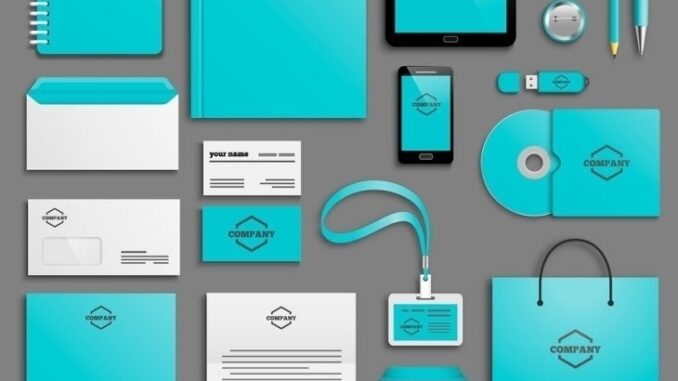
As a millennial, personal branding has become an integral part of how to advance your career. Most employers are going to see your brand online before they even get a chance to interview you, so you need to make sure you are aren’t ruining your chances to get a job by destroying your digital brand.
Branding in business is the image and narrative that you want the public to associate with your product or service. In terms of personal branding, this applies to your own image, and how companies and other people perceive you. It’s something you should take seriously, because many companies, especially those run by other millennials, have a keen comprehension of social media. There are many things you can do, and things you should not do, in order to maintain a strong brand.
Here’s a personal branding checklist for millennials.
You’ve determined your identity.
If you’re using your brand to get a better job or break into a different industry, you need to determine how you want to come across to employers. Try to put yourself in the hiring manager’s shoes and use their perspective. Do you want to see a career driven entrepreneur, or do you want to see a creative, like someone who approaches situations with a unique perspective.
Your profile picture across your online media share the same tone.
The very first thing anyone is going to see is your profile picture. The tone and identity of the image is highly dependent upon the industry that you’re working in. Make sure that your profiles across the web meet the same personal identity and tone. They don’t need to be the same, but they all need to maintain the same identity. This could be a professional suit and tie, a more laid back look, or pretty much everything in between. Just make sure they share the same tone.
You don’t have anything embarrassing online.
I can’t stress enough to set your social media profiles to private if you are going to be posting anything inappropriate or that would embarrass you. Make sure to remove pictures that have been tagged by other people if an employer would look at it negatively. Don’t respond to comments or criticism with a hateful tone or employers are going to be able to see it and it can damage you in the long run. There’s been many cases of people and companies ruining their career over something stupid posted online. Don’t be one of those cases.
You are searchable.
You don’t want to have zero brand presence online. Make sure that the things you have done are searchable on the web, or that people can find your social media by looking for your name. Make sure that things that you don’t want to be found, are deleted or removed. Search your name in Google and see the results. Things like your LinkedIn profile and other social media should show up as long as you have them registered under your name.
You have a personal website.
If you don’t have one, you should consider making one. Personal websites are great because they allow you to push your narrative out to the public before anyone else can make a judgement based off other things they find online. Also, it’s an easy way for people to see what you’ve done in the past, and the projects you are currently working on. Make sure that your personal contact information is posted prominently on your site so people can contact you easily.
You have a cohesive brand.
Cohesive branding involves more than having the same type of profile picture across social media. Your resume, cover letter, and website should also share the same style. It allows you to hone in on a couple of marketable aspects of your personality, and gives other people a clear indication of who you are. This also applies to any user names you might use. Make sure that they are the same or similar across social media platforms.
Your accomplishments are easy to find.
This is probably going to be housed somewhere on your social media or on a personal website, but you need to have your accomplishments proudly displayed so people can see. If you’ve been featured in a publication or have gotten any sort of press coverage, make sure to display that to people who are searching for you.
Your online image matches your in-person image.
Even though a lot of this article has been about what you should and shouldn’t do, you need to remember that your personal brand is your own, and you should own it and be confident in yourself. You don’t want to false advertise. Highlight the good aspects of yourself but never lie.
Monitor your brand.
Even though you set everything up to follow this checklist, we have to remember that your brand is always evolving and changing, and people can and will react differently to you. Search yourself often and make sure that others are not tarnishing your brand in some way. Set Google alerts and track all your social media. Technorati is another tool you can use to see who is linking to your website and if you’ve been mentioned in other places on the web.
In the end your brand is the image you want people to see. It doesn’t necessarily have to reflect your personality, and if it’s not what is good for your career, it shouldn’t. Unfortunately, or fortunately depending on how you look at it, our behavior gives us opportunities if we are likable and we meet the criteria. But, it can also ruin opportunity if your personality does not. I’m not telling you to not be yourself, just make sure that your personal brand, will help benefit you in your life.
